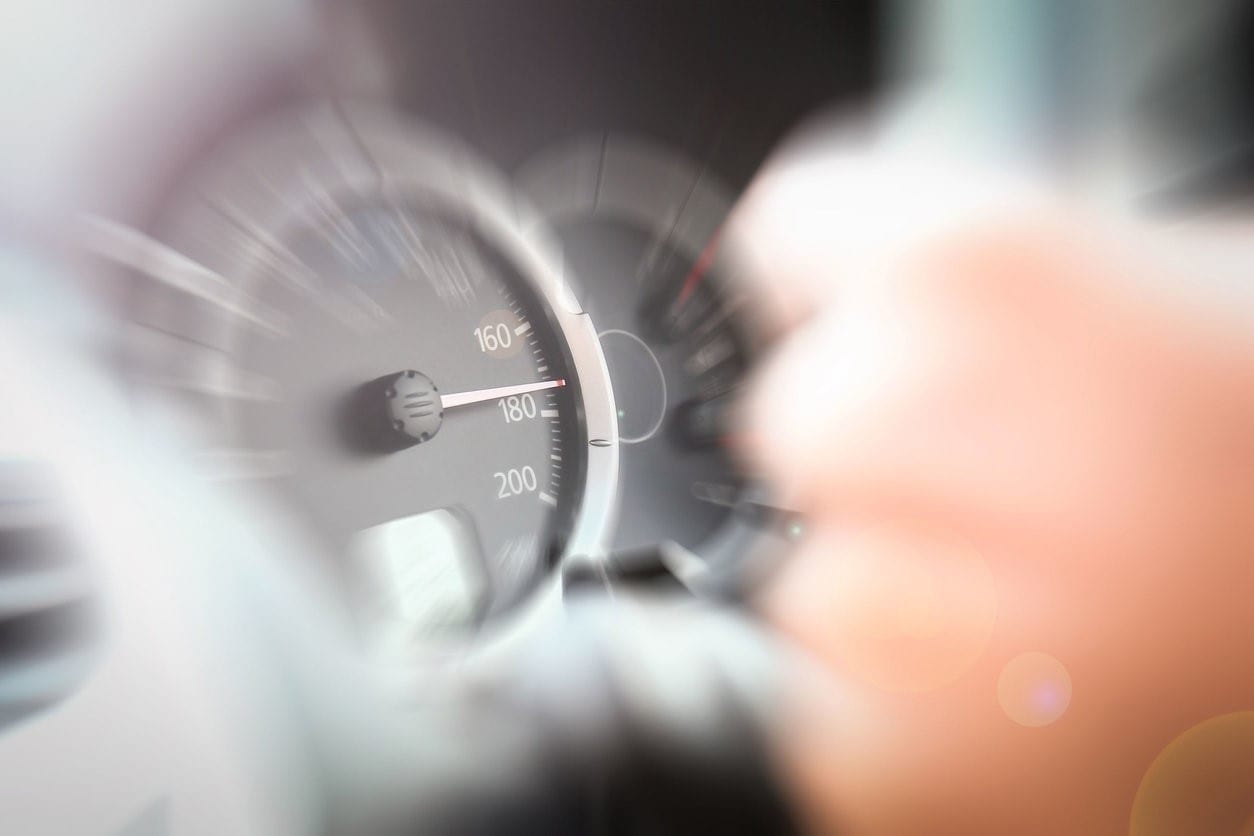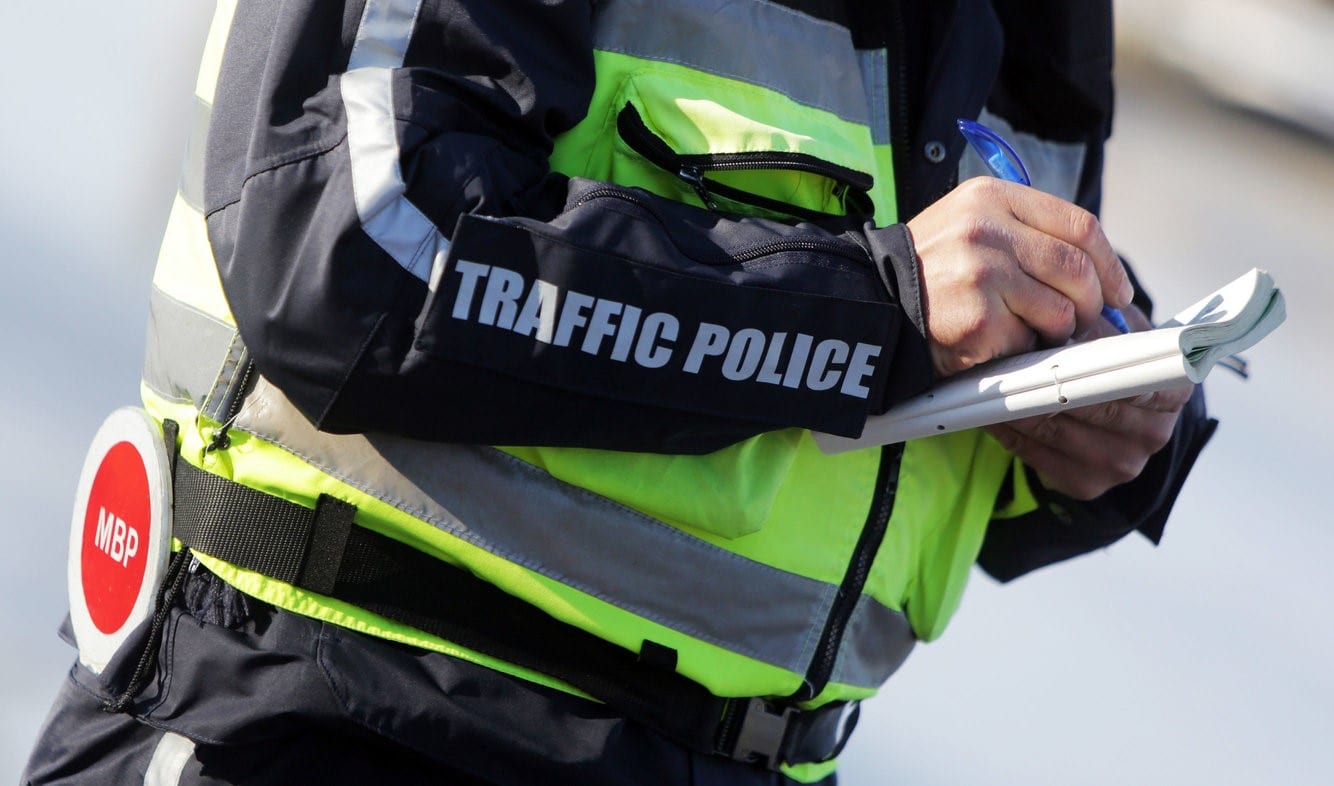North Carolina takes driving while impaired (DWI) very seriously. If you are caught with a blood alcohol content above the legal limit, you will be arrested and charged with DWI – even if you are a member of law enforcement.
If there was ever any doubt about that last part, recent events have removed all questions. How so? Stephanie Pellicer, a detective who works for the Macon County Sheriff’s Office, was arrested and charged on an early Sunday morning in late June for driving while impaired.
Pellicer, who has a 15-year history working for the sheriff’s office, was immediately placed on administrative duties. Sheriff Robert Holland ordered an internal investigation of the case.
The Seriousness of a North Carolina DWI

Why does this happen? Because driving after consuming drugs or alcohol negatively impacts our motor skills and our ability to make sound judgments.
To combat drinking and driving, North Carolina has made it illegal to have a blood alcohol content (BAC) of .08 for drivers over the age of 21, or a BAC of .04 for commercial drivers. Drivers under the age of 21 will be charged with DWI at any BAC above 0 since they are legally not allowed to drink.
North Carolina’s charges and penalties for DWI convictions are even more specific and complicated. First of all, there are five different levels of DWI convictions. Each level will result in different penalties.
If you are charged with DWI, a judge will look at a series of mitigating, aggravating, or grossly aggravating factors. Mitigating factors will lessen a sentence. Aggravating and grossly aggravating factors will increase a sentence. Let’s look at these factors before we look at the five levels of DWI.
Grossly Aggravating Factors include:
- Prior DWI conviction(s) in the past seven years
- Driving while license was suspended (as the result of a previous DWI)
- Bodily harm or permanent damage resulted from DWI
- Driving while impaired with a minor child in the car
Aggravating Factors include:
- BAC >.15
- Reckless driving
- License had previously been revoked (for reasons other than DWI)
- Prior DWI convictions from seven years ago (or older)
- Speeding away from law enforcement
- Speeding 30 MPH over the speed limit
- Illegally passing a school bus
Mitigating Factors include:
- Safe driving record
- BAC <.09
- Driving within the law (caught by a sobriety checkpoint)
- Impairment caused by prescribed dosage of legal medication
- Submitting to a mental health facility
Now that we’ve looked at the factors that play into DWI sentencing, let’s see what the actual sentences look like. Each level is determined by a certain number or balance of aggravating or mitigating factors, and has different penalty thresholds. We will explore both below.
Level One – Two grossly aggravating factors; 1-24 months in jail, fine up to $4,000
Level Two – One grossly aggravating factor; 7 days-12 months in jail, fine up to $2,000
Level Three – Aggravating factors significantly outweigh mitigating factors; 72 hours of jail time and/or community service, fine up to $500
Level Four – Aggravating and mitigating factors balance out or none are present; 38 hours of jail time and/or community service, fine up to $500
Level Five – Mitigating factors significantly outweigh aggravating factors; 24 hours of jail time and/or community service, fine up to $200
If this is your first DWI offense, your license will be suspended for a period between 60 days and one year. Multiple offenses will require your license to be suspended for multiple years, and for an Ignition Interlock Device (IID) to be installed in your car.
Chemical Tests and Confrontations with Law Enforcement

You can also be pulled over at a sobriety checkpoint. These checkpoints are set up at random times by law enforcement and allow officers to check the BAC of drivers based on a set formula. Most likely, you will be asked to take a chemical test by breathing into a breathalyzer if you are pulled over and the officer believes you may have been drinking.
In these situations, you have the right to remain silent. However, you do not have the right to refuse a chemical test without facing consequences. Driving a vehicle in North Carolina comes with the implied consent to chemical testing. Refusing one of these tests can result in license suspension.
If you have been charged with DWI and feel confused about what is ahead, you are not alone. Our lawyers have successfully handled many North Carolina DWI cases, and we know what it takes to give you the best chance at a positive outcome.
About the Author:
Attorney Mike Schlosser represents victims of personal injury, those charged with a crime, as well as those facing traffic charges. A former Guilford County, North Carolina District Attorney, Schlosser has been in private practice at the Law Firm of Schlosser & Pritchett since 1983 and has been a member of the North Carolina State Bar since 1973.








